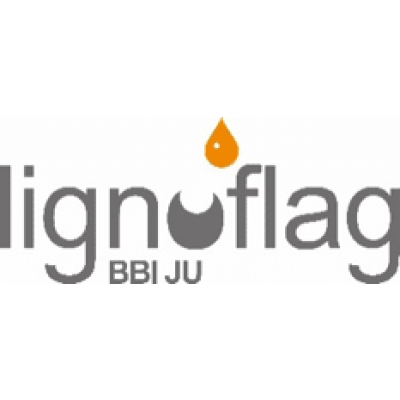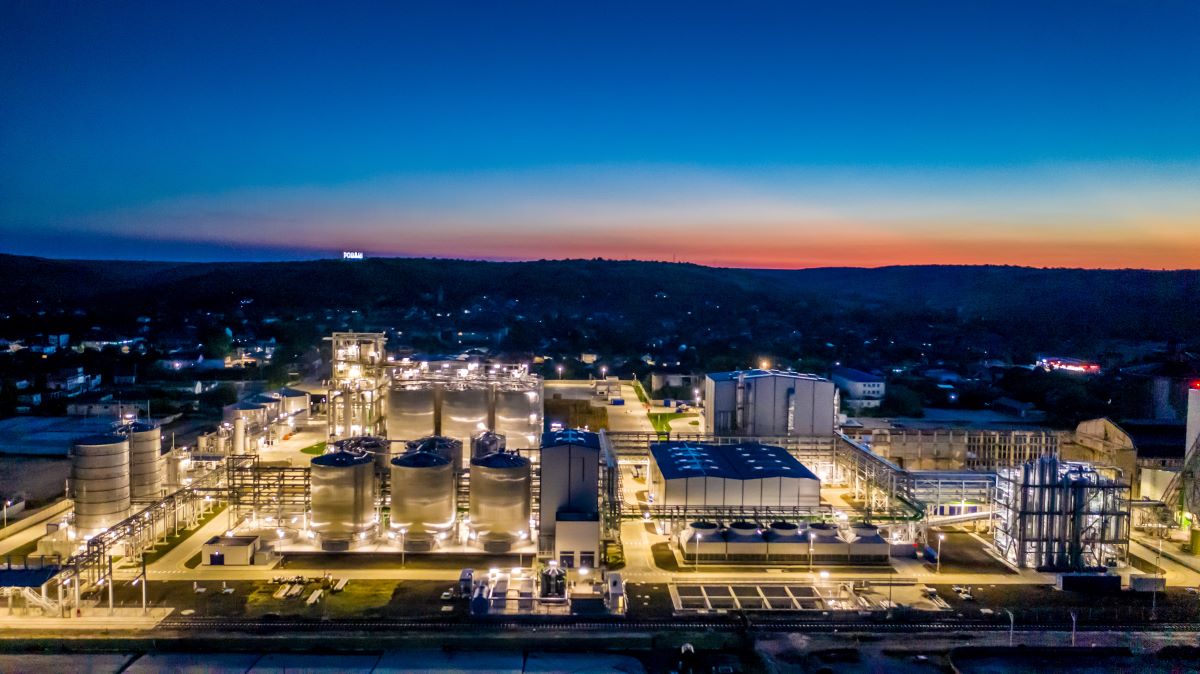
LIGNOFLAG
Commercial flagship plant for bioethanol production involving a bio-based value chain built on lignocellulosic feedstock

Commercial flagship plant for bioethanol production involving a bio-based value chain built on lignocellulosic feedstock
Straw is a common waste generated by agriculture. Until now, farmers did not have any efficient use for their straw and relied on traditional inefficient uses of it.
The LIGNOFLAG project found the solution and built the first biorefinery in the world producing bio‑based ethanol from non-food resources. The carbon footprint is much lower than fossil fuels, representing greenhouse gas savings that could reach up to 95%. In addition, the liquid by-product can be applied as a fertiliser for the crops used in the process.
The completion of the biorefinery added alternative income sources for the 300 farmers in the region who will supply the straw. This project also has a high replicability potential, as new plants are already being planned.

Commercial flagship plant for bio-ethanol production involving a bio-based value chain built on lignocellulosic feedstock